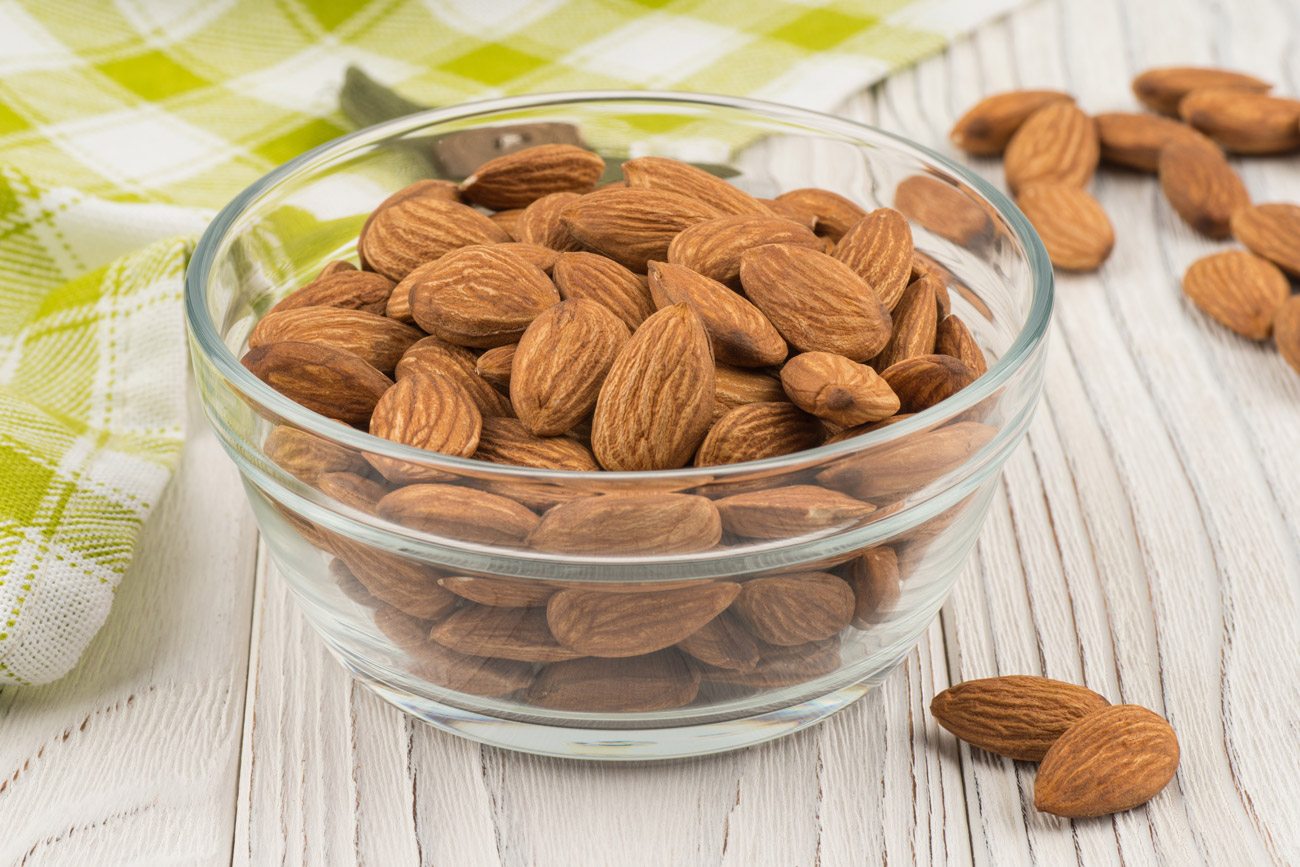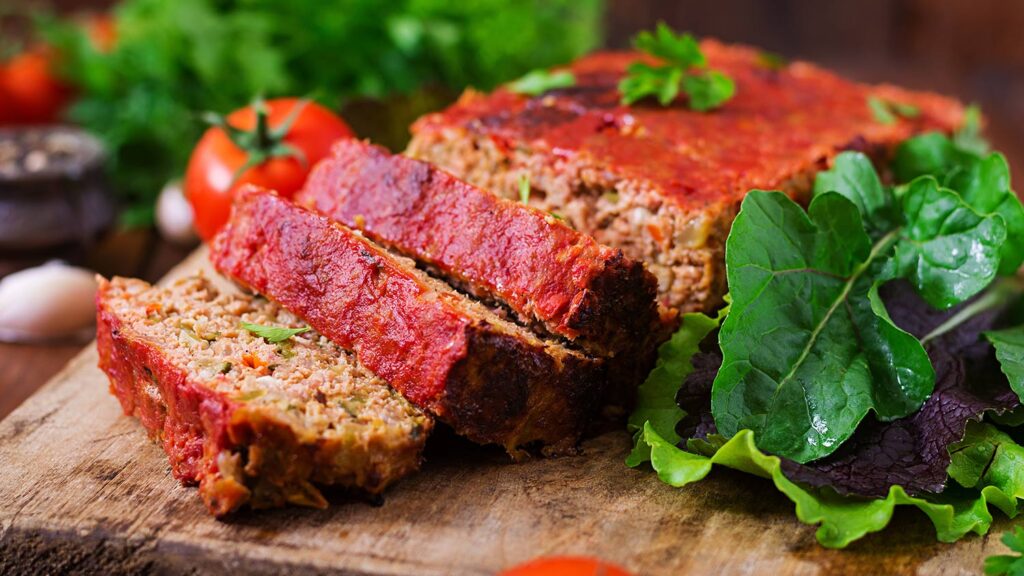While simple changes to your diet can benefit you at night, there are also foods that may hinder a good night’s sleep. Spicy foods, caffeine and sugary snacks can all cause digestive issues and disrupt sleep cycles if consumed too close to bedtime. Finding the right foods that fulfill both the roles of late-night snack and deep sleep supplement may be the key to your sweetest dreams. Here are some suggestions for what to eat before you hit the hay:
Almonds
Several types of nuts, including almonds, contain high doses of melatonin, a sleep-regulating hormone. Melatonin plays a fundamental role in regulating the body’s biological clock. In addition to influencing the sleep/wake cycle, almonds are also a great source of magnesium, which may improve sleep quality, especially for those who have insomnia.

Fatty fish
Tuna, salmon and other fatty fish are filled with nutrients that help regulate serotonin. Serotonin influences many aspects of well-being, from mood to triggering sleep and rapid eye movement (REM) cycles. The body also uses serotonin to synthesize melatonin, improving sleep quality through multiple avenues.
Certain fruits
Kiwis and tart cherries aren’t just rich in antioxidants and vitamin C. They also contain healthy levels of serotonin. It’s thought that eating two kiwis before bed significantly increases your sleep duration over the course of a month.
Lettuce
While a salad before bed may not seem ideal, lettuce has some surprising sleep-positive properties. It is believed this is due to the plant’s n-butanol fraction. N-butanol fraction increases sleep duration, decreases the time it takes to fall asleep and protects cells against inflammation. Some people even claim lettuce has a mild sedative-hypnotic effect.
Sleepy time teas
While not a food, decaffeinated teas can become part of a relaxing nightly ritual. Chamomile, ginger and peppermint teas are among the many options to choose from. Chamomile tea, for example, contains antioxidants that promote sleepiness, allowing you to fall asleep faster and wake up less throughout the night.

Warm milk
Your parents may have given you some sound advice if they would heat up milk when you had trouble sleeping as a child. Milk contains four sleep-promoting compounds: tryptophan, calcium, vitamin D and melatonin. But the nostalgic aspect may play a role as well. The association of a warm cup of milk and bedtime developed during your childhood could be just enough to send you into dreamland.















